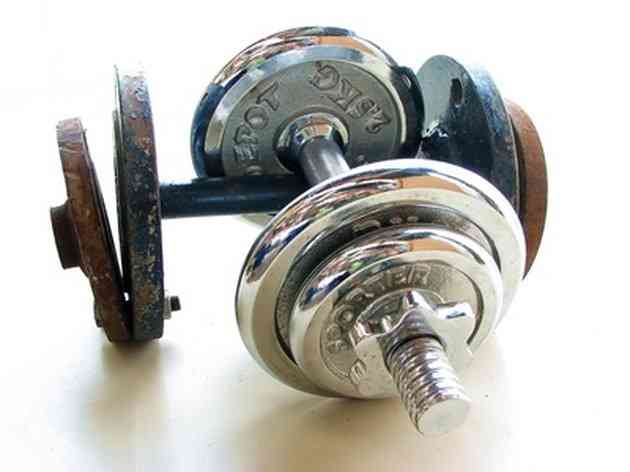Chromium Polynicotinate Dangers

Chromium boosts the effectiveness of insulin, which helps keep your blood sugar at optimal levels. It also participates in the metabolism of carbohydrate, fat and protein. Chromium polynicotinate supplements are safe for most people, but they can interact with medications or lead to problems if you have existing health conditions. Chromium polynicotinate sounds similar to another chromium supplement called chromium picolinate, but the picolinate-containing supplement can affect brain neurotransmitters -- a danger not associated with chromium polynicotinate.
 A glass of grape juice and grapes. (Image: studionobra/iStock/Getty Images)
A glass of grape juice and grapes. (Image: studionobra/iStock/Getty Images)Chromium Polynicotinate Defined
Supplemental minerals have a hard time passing through the intestinal wall, which means only a small amount is absorbed into your bloodstream. As a result, minerals are often combined with other substances that help escort them through the wall. Niacin boosts chromium's absorption, and when the two are combined, they create a supplement called chromium nicotinate or chromium polynicotinate. In large, therapeutic doses, niacin can cause side effects, but chromium polynicotinate doesn't contain much niacin. Many brands have such a small amount that they don't even report niacin content on the label. One brand shows that a dose contains 4 percent of the daily value for niacin based on consuming 2,000 calories daily.
Medication Interactions
If you take insulin or other medications to treat diabetes, chromium supplements can cause your blood sugar levels to drop dangerously low. Chromium polynicotinate may also interfere with medications used to treat an underactive thyroid gland. Talk to your health care provider before taking supplements if you use these or other prescription medications. You may also encounter interactions with some over-the-counter medications. Aspirin and nonsteroidal anti-inflammatory drugs, such as ibuprofen and naproxen, may boost the amount of chromium in your body, which increases your risk of side effects.
Aggravate Existing Conditions
Chromium polynicotinate supplements have the potential to aggravate existing health conditions. Don't take supplements if you have liver or kidney disease because they may lead to more organ damage, recommends MedlinePlus. Chromium is used to produce a variety of products, including leather goods, cosmetics, disinfecting products, matches, paints and cement. About 1 percent to 3 percent of all people are allergic or sensitive to chromium, according to a report in Chemical Research in Toxicology in February 2010. If you're allergic to chromium or leather, you may also have an allergic reaction to supplements.
Recommendations and Dietary Sources
The recommended daily intake for chromium is 25 micrograms for women and 35 micrograms for men. Most women meet the daily intake through the foods they eat, while men consume more than they need, according to the Office of Dietary Supplements. However, pregnant and breast-feeding women may not get enough through their diet because the daily intake increases to 30 micrograms and 45 micrograms, respectively. Chromium is in a variety of foods, but the exact amount is hard to measure because chromium content is affected by agricultural and manufacturing processes. Broccoli is one of the best sources, with about 11 micrograms of chromium in 1/2 cup. A cup of grape juice contains 8 micrograms, while mashed potatoes, orange juice, turkey breast and whole-wheat bread provide 2 to 4 micrograms per serving.




